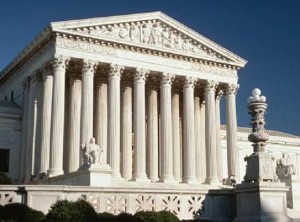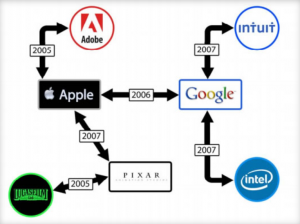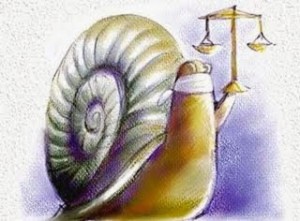
In two 9-0 decisions, the US Supreme Court just made it easier for the winning party to recover its attorney fees in US patent lawsuits. In Octane Fitness v. ICON, the Court relaxed the standard for recovering attorney fees and in Highmark v. Allcare Health Management, the Court made it harder for the Federal Circuit to second-guess district courts on a party’s bad conduct.
The US Patent Act allows a successful party in patent litigation to recover its attorney fees in “exceptional cases.” In the Octane case, the Fed Circuit ruled that such cases required both objective baselessness and subjective bad faith. The Supreme Court disagreed, finding “A case presenting either subjective bad faith or exceptionally meritless claims may sufficiently set itself apart from mine-run cases to warrant a fee award.”
In the Highmark case, a district court awarded Highmark $5.2 million in attorney fees after finding it was the subject of a frivolous patent infringement suit. The plaintiff in the underlying action appealed the decision and the Fed Circuit re-heard arguments on attorney fees and came to a different decision. The Supreme Court found the Fed Circuit should have left the judge’s decision alone unless it found the court acted unreasonably.
Read more on these two cases HERE



